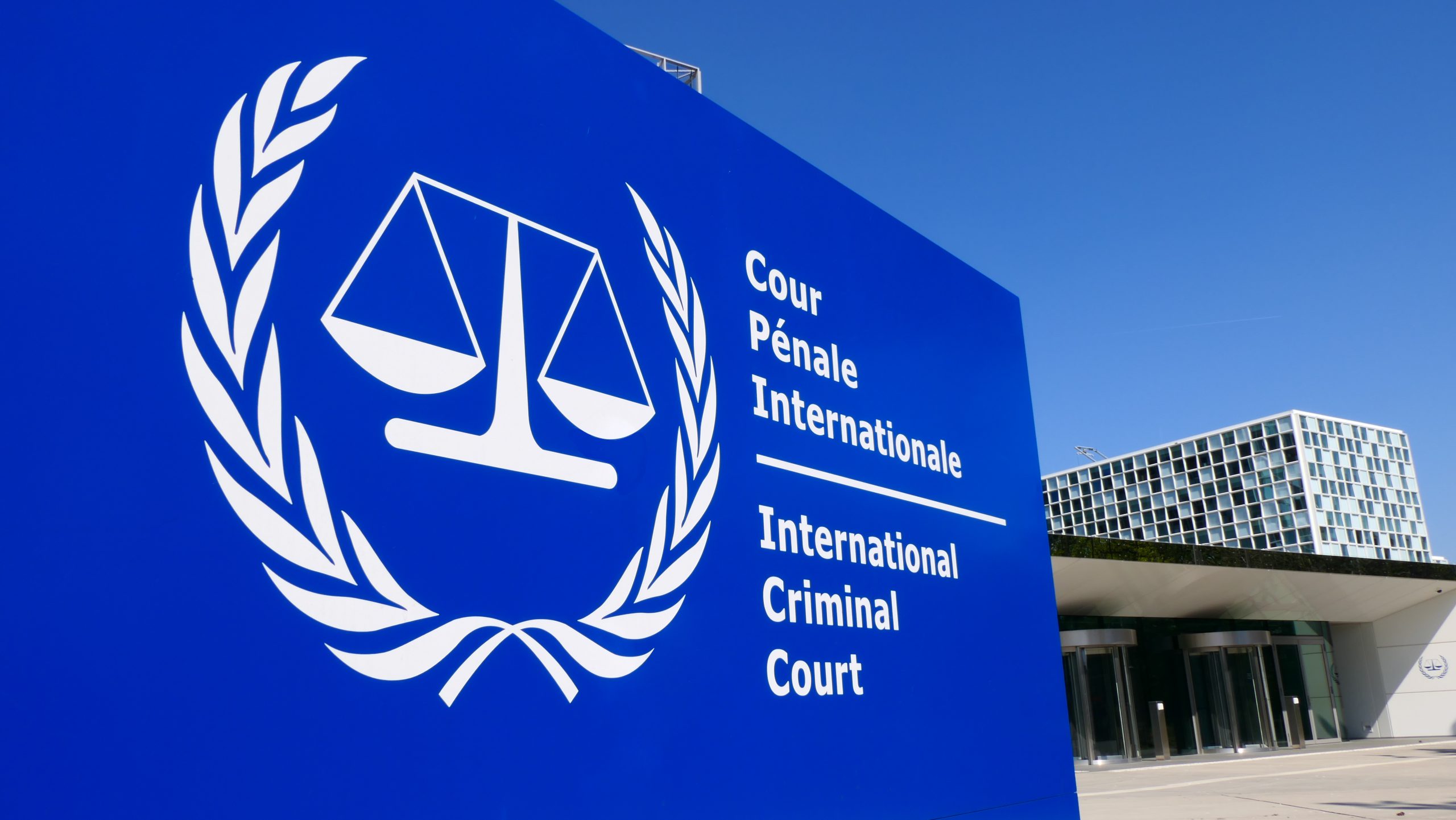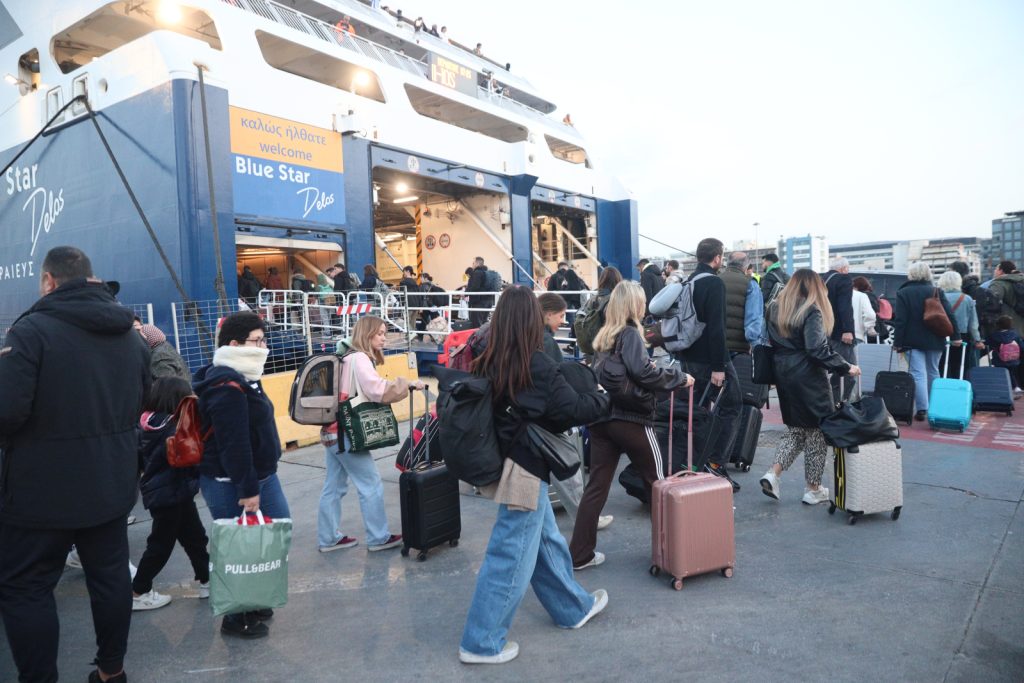“Diplomacy and judicial affairs share a common trait: they both involve risk.” With this pointed remark, Konstantinos Salonidis, Co-Chair of the International Litigation Department at Foley Hoag, introduces his analysis of how Greek-Turkish disputes might be resolved through the International Court of Justice in The Hague.
Salonidis perspective challenges prevailing attitudes in Athens. He suggests that Greece, guided by a well-crafted legal strategy, might benefit from exploring compromises on certain contentious issues to bring Turkey to the courtroom. The ultimate goal, he argues, is to secure a resolution endorsed by the International Court that would conclusively curb Turkish revisionism.
Greece maintains that the sole issue it is willing to bring before the International Court of Justice is the delimitation of the Exclusive Economic Zone and continental shelf. Prime Minister Kyriakos Mitsotakis recently reiterated this position, stating, “There is no room for discussion on matters of national sovereignty, including the status of the eastern Aegean islands or the rights stemming from the exercise of sovereignty over these islands.”
Turkey has advanced a broader agenda that directly challenges Greek sovereignty in the Aegean, exacerbating long-standing tensions. Ankara disputes the demilitarized status of several islands. It also contests Greece’s sovereignty over uninhabited islets and rock formations, aims to restrict Greek airspace to six nautical miles, and claims joint rights in maritime zones that Athens asserts are part of its continental shelf.
Salonidis is no stranger to high-stakes international disputes. He represented the Philippines in its South China Sea arbitration case against China and advised Qatar during the Gulf blockade. Currently, he represents Armenia in its case against Azerbaijan at the International Court of Justice.
“The question is: what do you do about risk?” Salonidis told To Vima. “The only thing certain is that inaction won’t solve anything.”
What are the risks and opportunities associated with a potential Greek appeal to the International Court of Justice (ICJ)? How can such an appeal be pursued when the two countries involved do not agree on the specific issues to be referred to the Court?
Such an appeal cannot proceed without a compromise agreement, which, as the term implies, requires mutual concessions. If we rigidly insist on a specific definition of the dispute while the other party disagrees, reaching the Court will be impossible. While the dispute touches on aspects of state sovereignty, it can be addressed through legal means. Resolving issues in a courtroom is always preferable to conflicts on land, in the air, or at sea.
You mentioned the possibility of compromises in the joint submission to the ICJ. In your expert opinion, on which issues could Greece potentially consider compromising?
Regarding the issue of gray zones, International Law clearly supports Greece’s positions. When it comes to matters of national sovereignty, the Court’s decision results in a definitive winner and loser. However, in the case of maritime delimitation, the situation is more complex, as even legally established rights can be influenced by broader considerations. Whether Greek public opinion is prepared to accept such an outcome is uncertain—this is a political matter, not a legal one. As for the militarization of the islands, I can understand the reasoning behind the will to exclude it from the joint promissory note to the International Court.
What do you see as the weak points in Greece’s positions? In which areas do you think the Court’s decisions might diverge from the prevailing perceptions of the Greek public?
The proximity of Kastelorizo to the Turkish coast is minimal, and this factor will be considered when determining maritime zone rights. Public opinion is often influenced by populist narratives. I believe the government must work to ensure that expectations are realistic.
Greece’s last experience with the ICJ, involving the negative ruling on the Bucharest veto issue with the former FYROM, was negative. Do you believe Greece has learned the necessary lessons and is now adequately prepared to face a more demanding opponent like Turkey in the ICJ?
The Special Legal Department of the Ministry of Foreign Affairs is staffed with individuals who have exceptional academic training. I do not doubt that they are well-prepared to handle such a case. The political leadership should give proper attention to the technocratic perspective, as this is primarily a legal, not a political, dispute.



